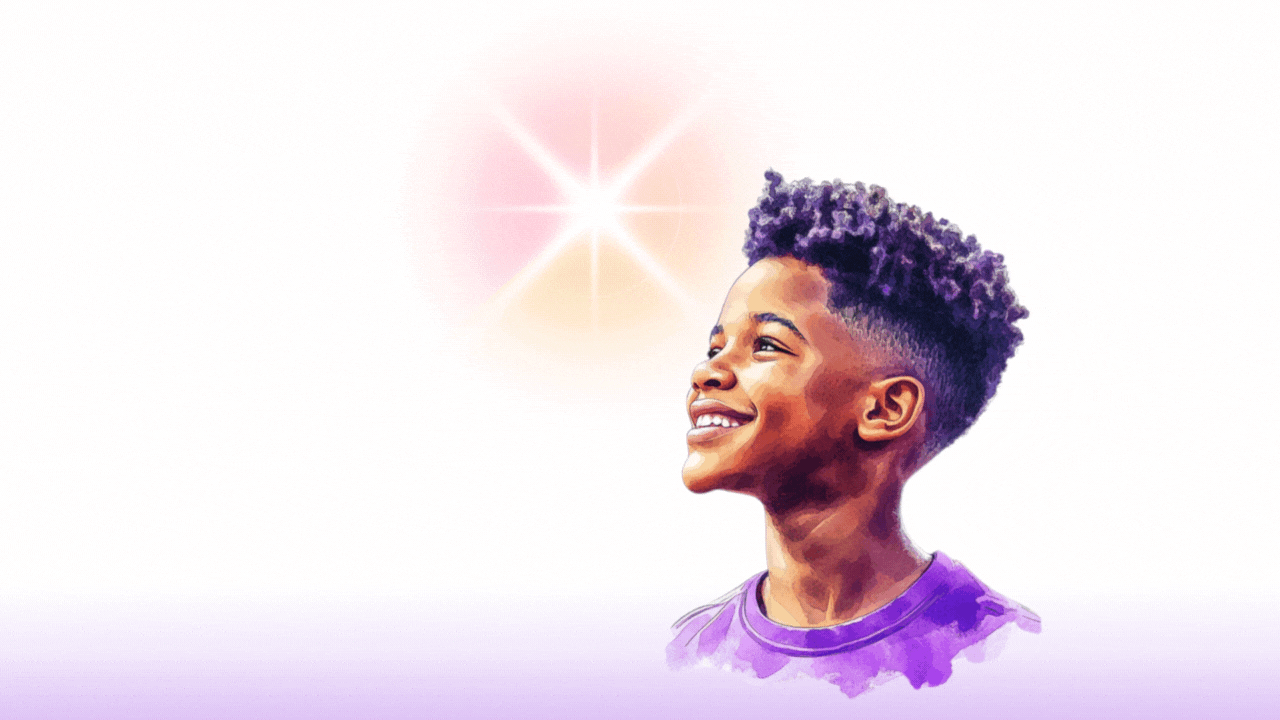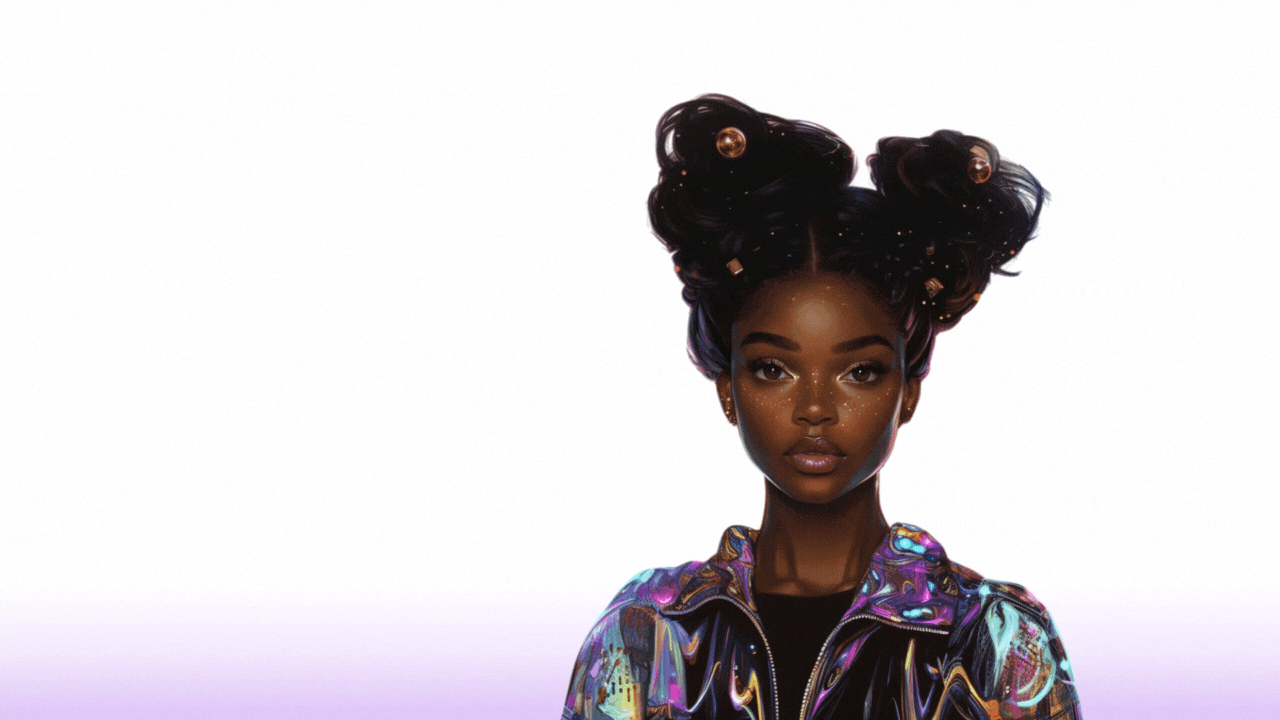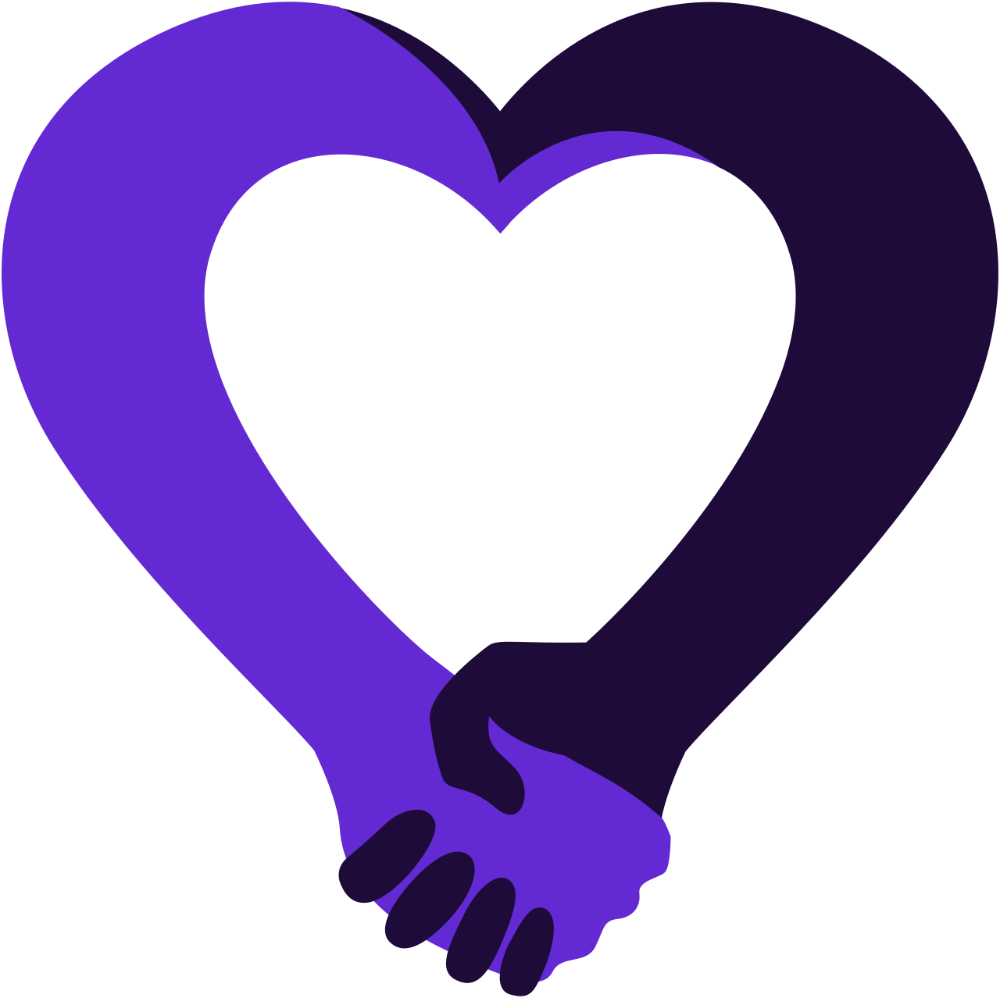Stop saying, 'You're embarrassing me"
Aug 10, 2025
I created this series to help us slow down and reflect on the words we say without thinking.
Words that have traveled through generations, from playgrounds to dinner tables to grocery store aisles.
Today’s phrase is one that stings harder than we may realize:
“You’re embarrassing me.”
We usually say it in public, often under our breath.
It is not always loud, but it is always loaded.
What feels like a correction to us often lands as rejection for our children.
They hear that who they are in that moment is unacceptable. Too much. Shameful.
But children are still learning how to be in the world.
They are exploring boundaries, expressing emotions, and making sense of their surroundings.
When we make their growing moments about our discomfort, we silence their spirit. I know it may seem cliche, but kids really do need the opportunity to be kids.
Let’s talk about how to shift this phrase and protect our children’s dignity, even when it feels like the world is watching.

Why It Hurts
- It links love and acceptance to how a child behaves in public
- It teaches that feelings are not safe to express
- It turns guidance into public humiliation
- It causes children to mask who they are to protect how others see them
-
When we publicly shame kids, they stop exploring their true selves to avoid being rejected.
They may begin to suppress their feelings, shut down, or believe they are only lovable when they act “right.” 

-
Pay attention if you notice a child continuously avoiding expression in public
-
Pay attention if you notice Hyper-awareness of others’ opinions
-
Take note if you see them displaying Emotional withdrawal or people-pleasing
-
Don't ignore Increased anxiety or perfectionism in social settings
-
Even when we feel overwhelmed, we can model respect.
And even in the hardest parenting and teaching moments, we can protect our children’s dignity. Kids and teens deserve to keep their dignity in tact, as well.Protect it.

